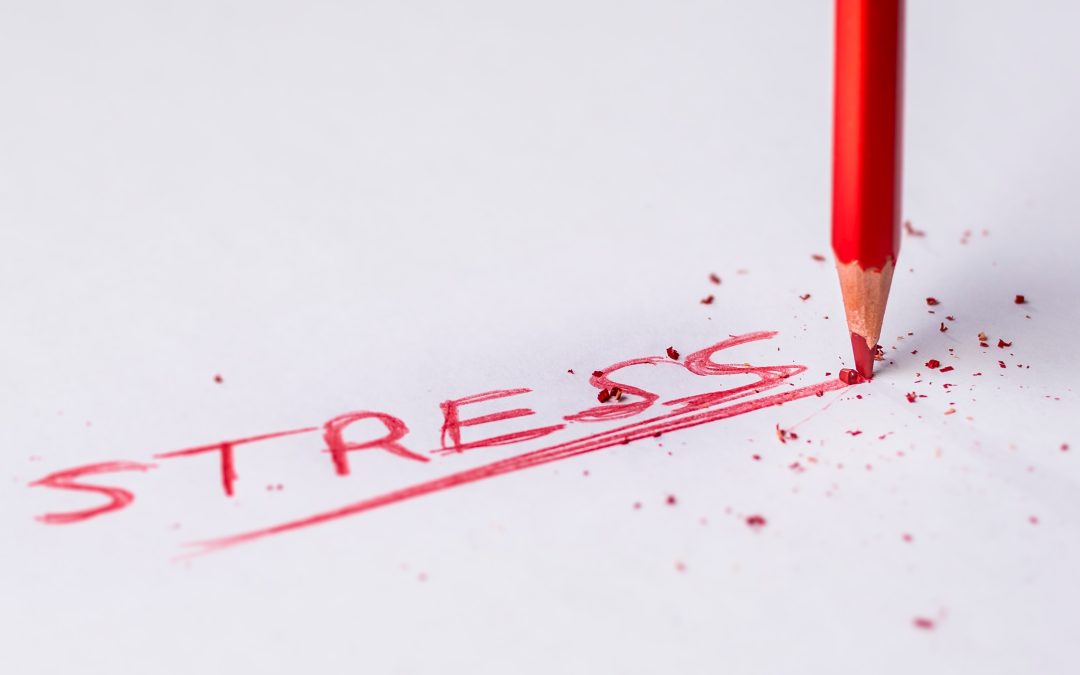National Stress Awareness Month
Happy National Stress Awareness Month!
Why am I wishing you Happy Stress Awareness Month? Knowledge is power, and by being more aware of stress and the effect that is has on you, the better able you will be to manage it and have the potential for greater overall happiness. We can easily get caught up in day-to-day life and not fully realize the impact that stress is having upon us, as its impacts may be subtle at first. There are many different physical changes that happen to people when they are stressed, and it is important to know what yours are.
However, there is another reason that I offer you this greeting, which is to acknowledge that HAPPY STRESS does exist. Is there REALLY such a thing as HAPPY stress? Yes… there is… despite what you may think. However, not all stress is HAPPY stress. Let me explain.
Stress has been defined in a variety of ways by many different people. I have always liked the simple definition that stress “is the body’s natural reaction to any change.” Life is constantly full of changes that we must react to daily. We cannot opt out of these life transitions and therefore must recognize stress as an ever-present variable in life.
We tend to think about stress as negative changes in our lives that create distress. Loss of a job, death of loved one or financial pressures would all be examples of situations that might create distress. These changes have profoundly negative impacts on our wellness and wellbeing, especially when distress is chronic.
However, there is a type of stress known as eustress (think euphoria). Eustress refers to our reactions to positive events in our lives that bring about positive emotions. Stressors that might create eustress could include getting a promotion at work, the birth of a child or marrying your loved one. Eustress usually leads people to feel increased energy, enhanced motivation, and greater happiness.
Physical changes that are occurring due to eustress (increased heart rate, racing thoughts, surges of energy) can be very similar to how the body changes when we experience distress, but the labels we have for what we are experiencing (excitement versus anxiety; surge of energy versus panic) cause us to perceive these changes differently. Even eustress can turn into distress when it lasts too long, is too intense or when the situation starts positive and becomes negative (think about how many couples break up because of the negative impact of building or renovating a house together).
Hopefully, this article has helped bring your awareness to a lesser known (but still important) type of stress that impacts all of us. Managing our reactions to life changes, whether good or bad, is an important component of living a balanced life.
Feel free to check out the resources page on my website for tools that can help you to reduce your reactivity and grow your awareness of the impacts of all kinds of stress.
Be well!

